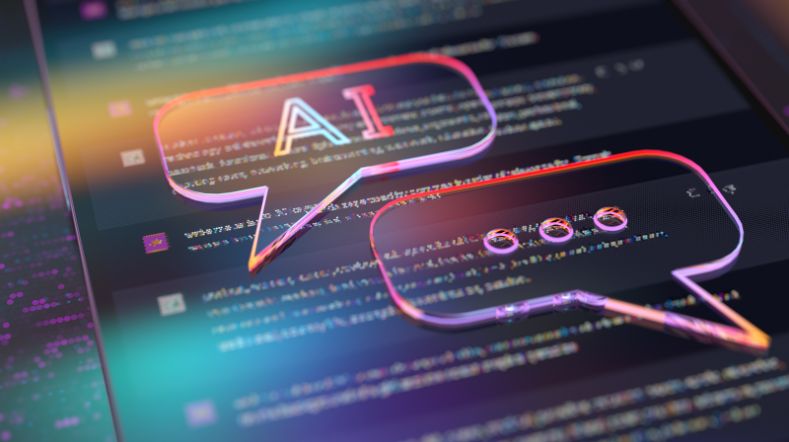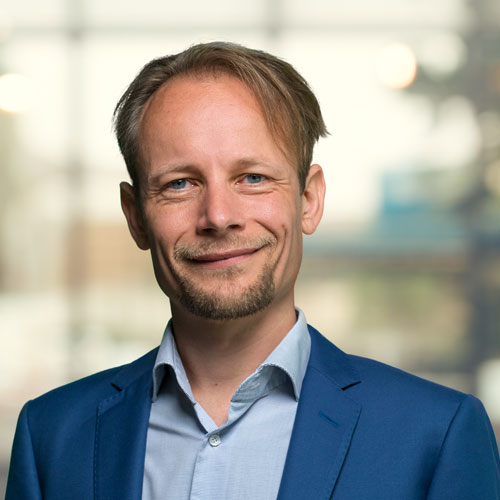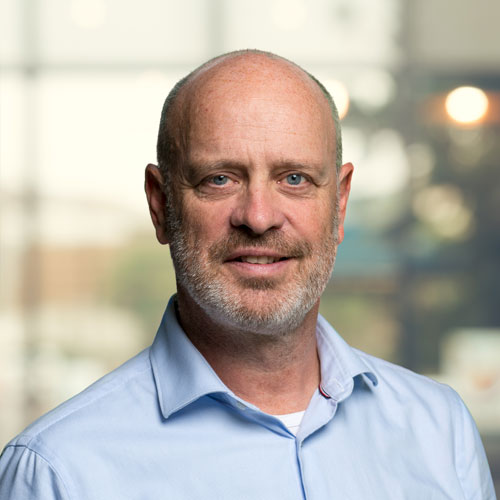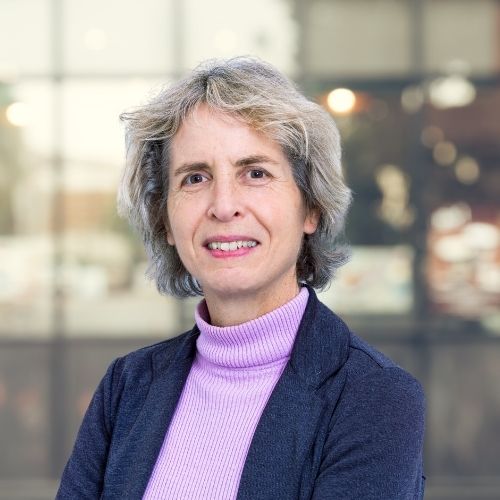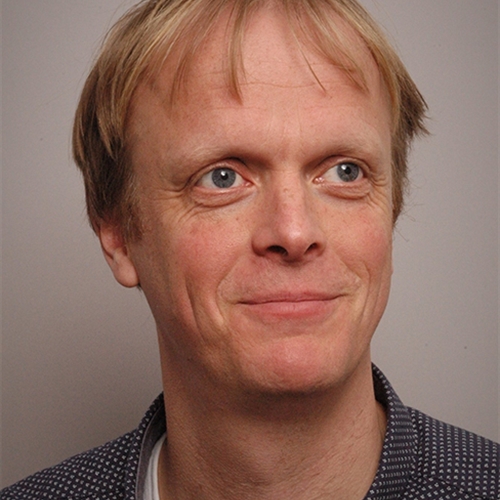Subsidence monitoring: using AI to identify the underlying causes
The ground in the Netherlands is sinking more quickly than sea levels are rising. For a country with a large proportion of its territory below sea level, that is not a very reassuring prospect. And that is why TNO has devised an artificial intelligence model that can identify the human activities that are the worst offenders when it comes to causing subsidence.
Why is subsidence occurring? It is largely the consequence of human activities, such as the lowering of the ground water level. Another reason is the extraction of underground stocks of water, salt, and gas. So the most prominent causes are known. But it is often a matter of guesswork what exactly the effect is of each process.
Limiting the risk of flooding
The greater the degree of subsidence, the greater the risk of flooding. More knowledge is needed if appropriate measures are to be taken – knowledge about the causes and the extent to which they compound each other. This information is essential for finding solutions that can help slow down the rate of subsidence in the Netherlands or even stop it altogether.
Think or sink
To understand what exactly is taking place in the subsurface, a significant input of artificial intelligence is needed, in addition to the human variety, so TNO has opted for a hybrid AI model. In this case, it means the AI system not only has the relevant information about the subsurface at its disposal, but also that previously acquired knowledge about the dynamics of the ground process is used. The name of this AI project is, appropriately enough, Think or Sink.
Data on the ground water level and gas extraction
In the Netherlands, TNO collects and manages data about the geological subsurface and the ground water level. The information is therefore already present in its databases. However, to carry out effective analyses, it also requires data on gas extraction – which is confidential.
The solution to that problem is federated learning. Using this method, TNO is able to gain access – subject to strict conditions – to a specific part of the database, but without actually sharing the data. The AI then learns from the data but does not store it. It means the AI system developed by TNO can access relevant information on gas extraction.
The challenge for AI
This TNO AI project is initially aimed at two areas. In the first area, the ground is sinking as a result of both the lowering of the ground water level and the extraction of natural gas. Meanwhile in the second area, it is only the former that is responsible for subsidence. The big question is whether artificial intelligence will be able to help penetrate the deeper underlying causes of subsidence.
Get inspired
Working on reliable AI
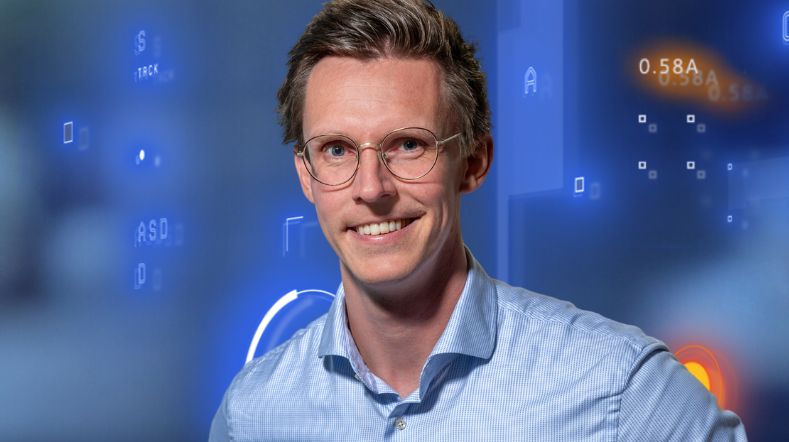

AI model for personalised healthy lifestyle advice
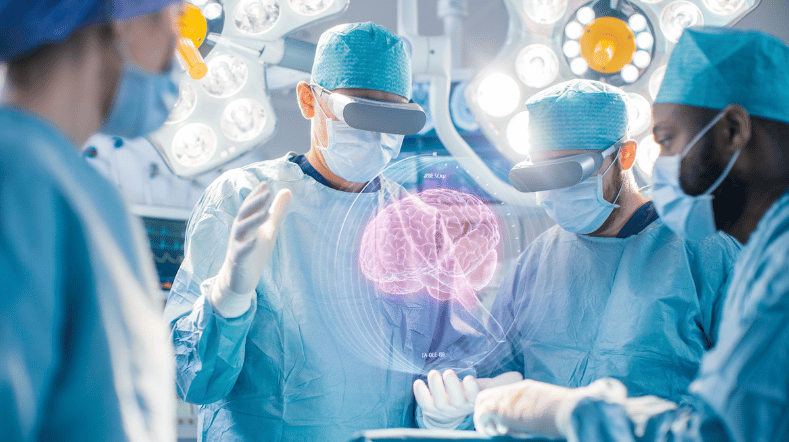

AI in training: FATE develops digital doctor's assistant


Boost for TNO facilities for sustainable mobility, bio-based construction and AI


GPT-NL boosts Dutch AI autonomy, knowledge, and technology
